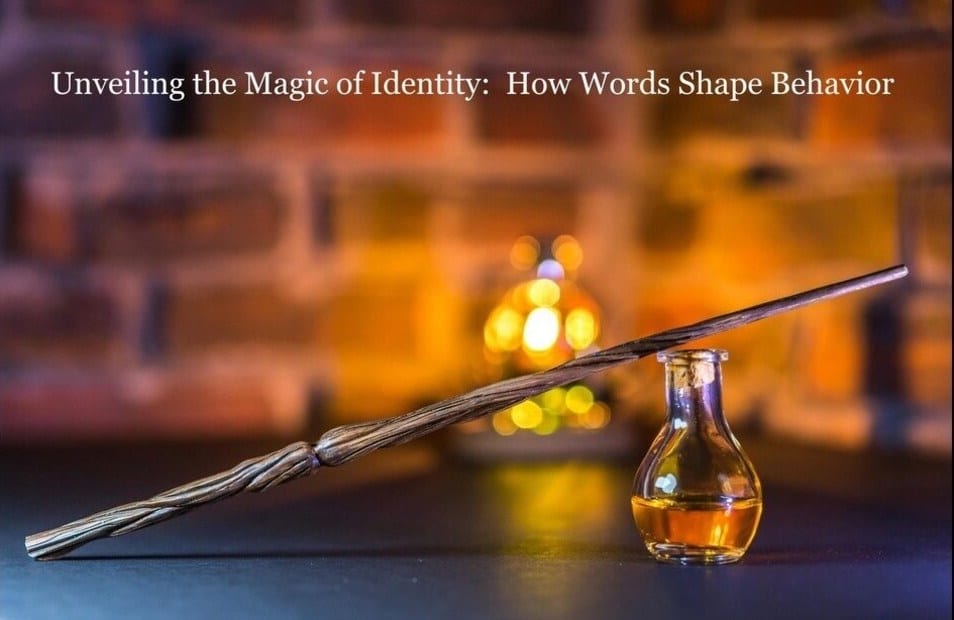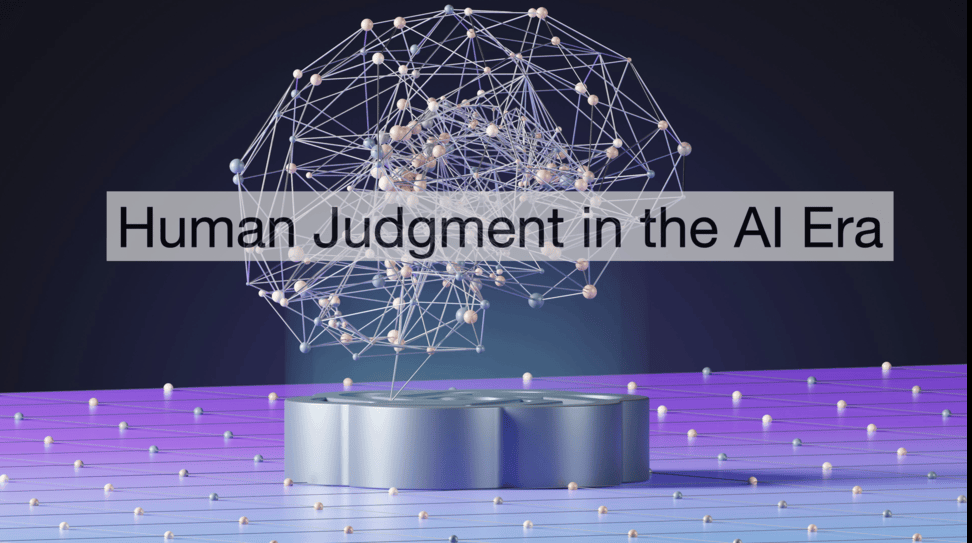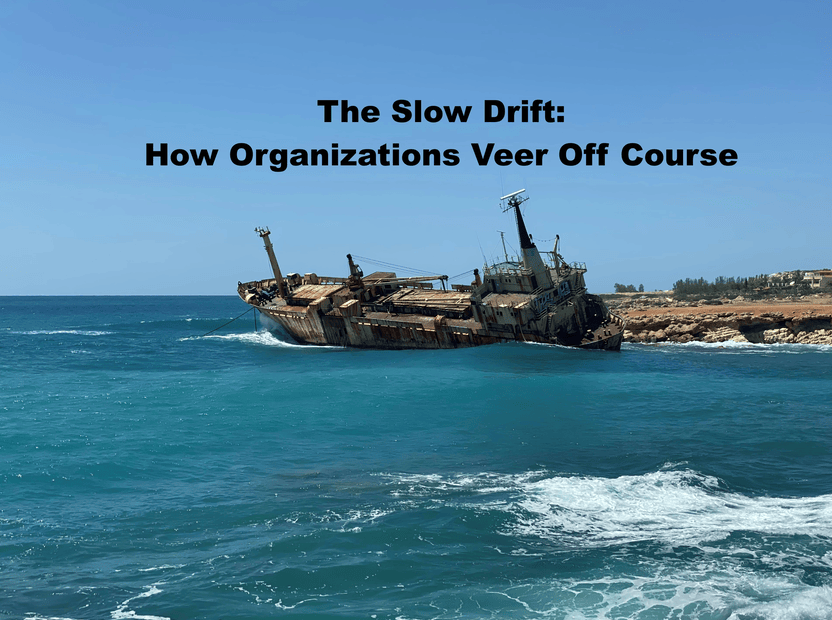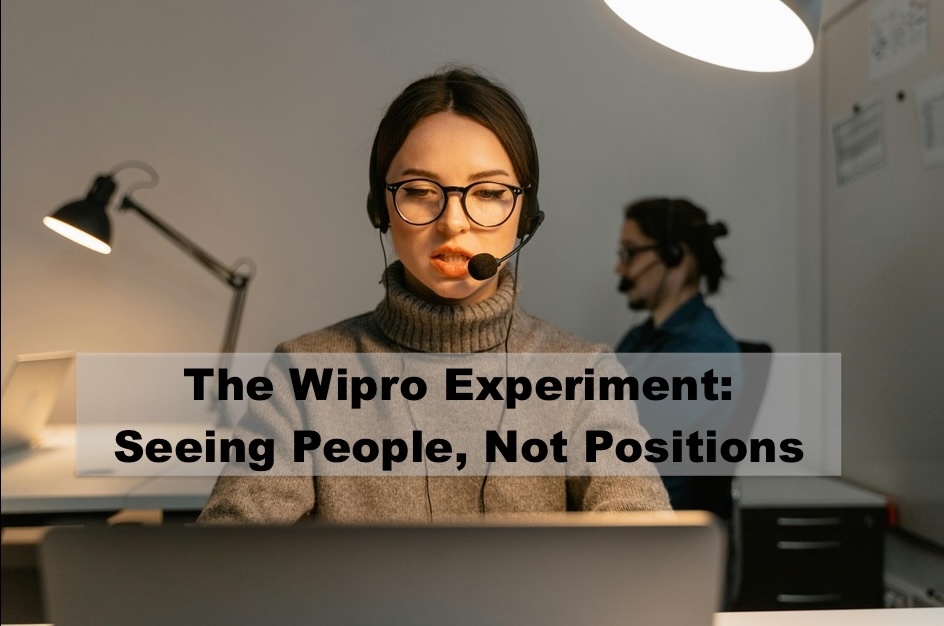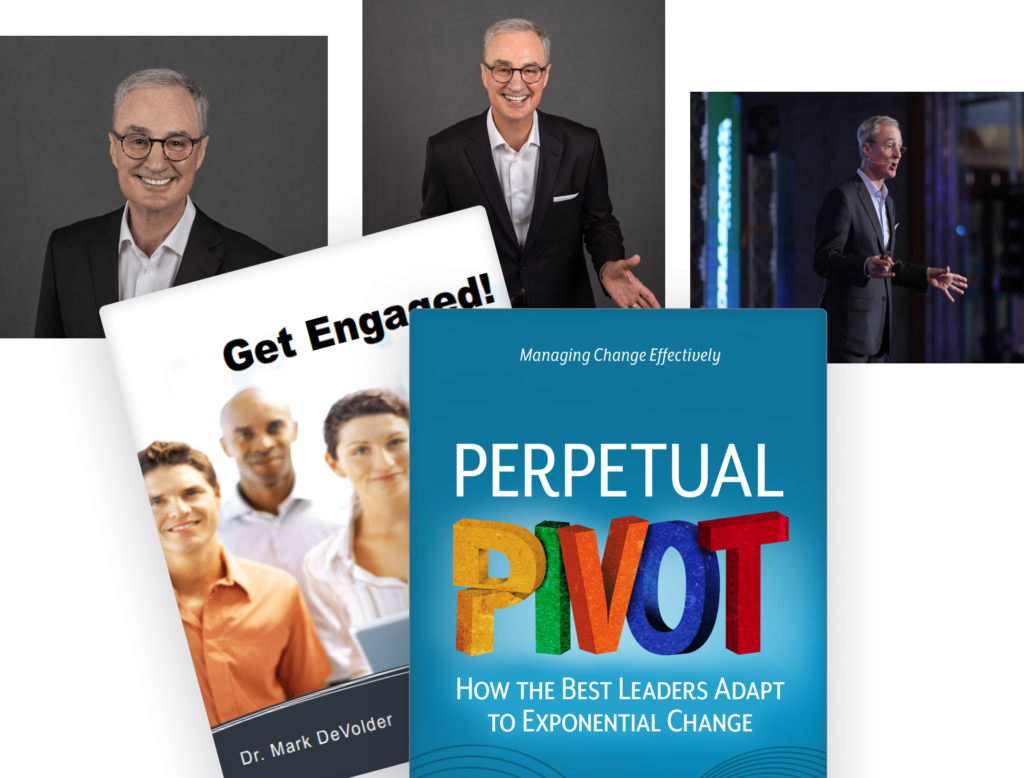Do you ever stop to think about the real magic behind certain words? I’m not referring to the classic incantations like “Abracadabra” or “Sim Sala Bim,” nor even the enchantments from Harry Potter’s world. Instead, I’m talking about the everyday words, the ones that hold the power to mold our actions based on who we believe ourselves to be, our identity.
I recall a moment with my six-year-old daughter during a forest hike, our eyes peeled for fascinating creatures: hawks soaring overhead, gardener snakes slithering, and her favorite, the elusive praying mantis. After thirty minutes of searching with no luck, she suddenly cried out, “Look, Daddy! I found one!” There it was, a vibrant green mantis, poised with its captivatingly sharp claws. Without thinking, I responded, “Wow, you’re a real finder. You can find anything!” Little did I realize the impact those words would have. She took to it immediately, embracing the idea of being someone who could find anything. It became more than just a compliment; it became part of her identity, shaping her future behavior. The next time we ventured out in search of a praying mantis, she uncovered not just one, but five! There was magic in those words.
Jonah Berger coined the phrase Magic Words. Dr. Berger is a marketing professor at the University of Pennsylvania’s Wharton School. His research discusses how the language we use can shape our identity and behavior. A study carried out at Stanford University echoed this sentiment, demonstrating how a positive identity can fuel desired behaviors. In an experiment involving preschoolers tasked with tidying up their messy classroom, half were simply asked, “Can you help clean up the classroom?” while the other half were asked a slightly different question, “Can you be a helper?” Surprisingly, the group addressed as potential “helpers” saw a third more children volunteering to pitch in. Similarly, in a voting experiment, leaflets sent out to encourage voter turnout showed remarkable differences. Those ending with a simple plea to “Please vote” were contrasted with another variation prompting recipients to “Be a voter.” The latter group saw a significant 15% increase in voter turnout.
In both cases, the shift from actions to identities proved to be remarkably effective. Whether it’s moving from “helping” to “being a helper” or from “voting” to “being a voter,” the transformation is profound. The magic lies in our innate desire to embrace positive identities – to see ourselves as kind-hearted, industrious, or knowledgeable.
So, let’s inspire ourselves and others not just to do, but to be. Let’s use identities that people aspire to, identities they value Because when we do, the actions will inevitably follow suit.
Dr. Mark DeVolder is a Top Change Management & Transformation Expert, Award Winning Motivational Keynote Speaker Empowering Confidence through Change. Mark can teach you how to change, anticipate business trends and accelerate future-proof transformation. He’s done it before with industry leaders like Qatar Petroleum, PepsiCo, Royal Bank of Canada and U.S. Air Force.
